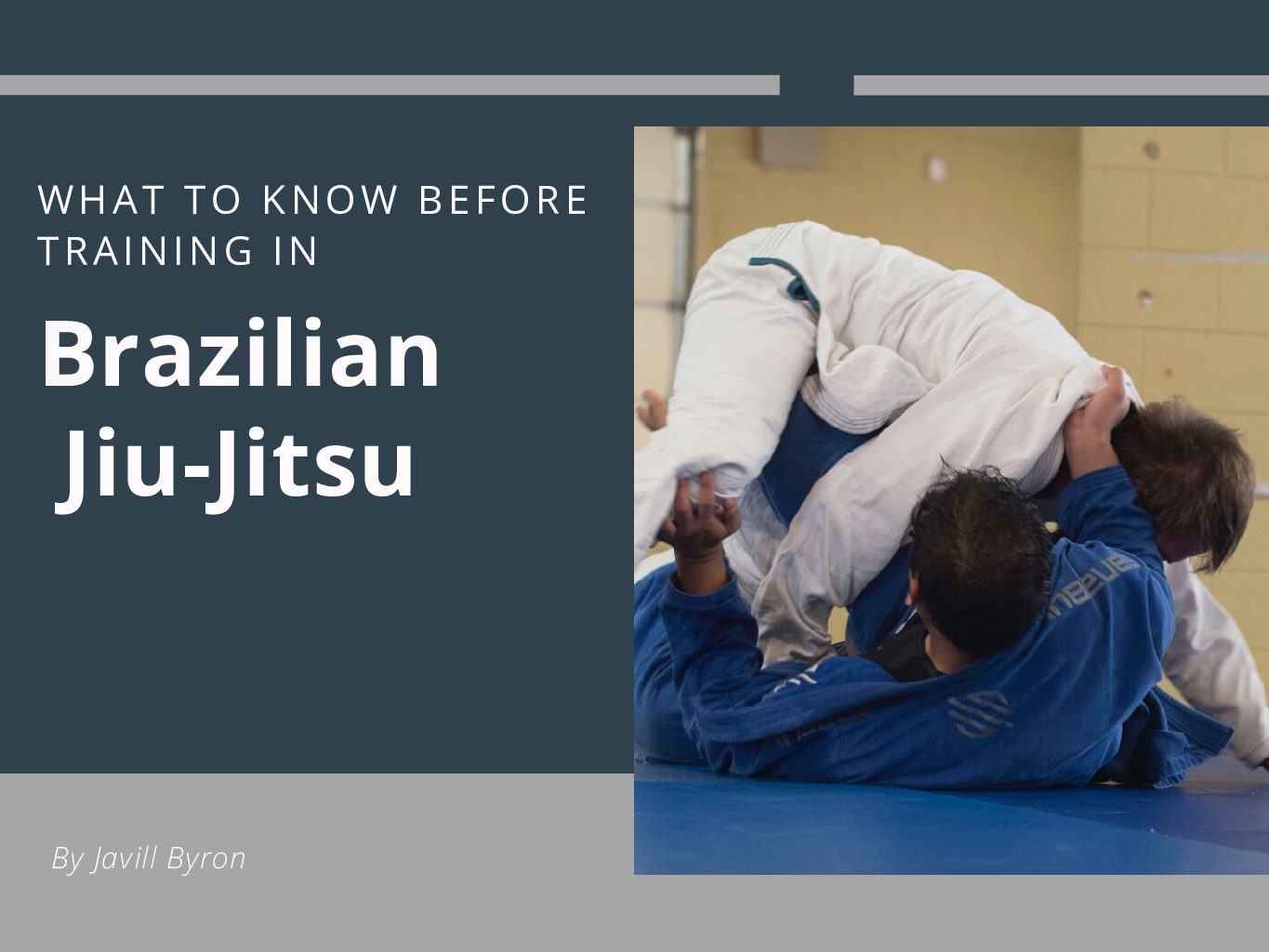With the rise of mixed martial arts, more people are interested in Brazilian jiu-jitsu than ever before. Jiu-jitsu is a fairly unique practice. It relies primarily on grappling, and practitioners find themselves on the floor more than other fighting styles. Brazilian Jiu-jitsu is an art all onto itself, and there are things everyone should know before they decide to get involved in it.
Like most martial arts, Brazilian jiu-jitsu is done in a gi. Although no-gi has become something of a sport on its own, most experts still believe the traditional method is the best place to start. In addition to the standardized uniform, jiu-jitsu has a belt system, much like other martial arts. It’s a good idea for beginner students to stick to their own level when it comes to activities like sparring. Black belts can feel like they have to defend their status when newcomers challenge them. The situation could become awkward, and potentially dangerous, by sparring above your level.
Communication is one of the keys when practicing jiu-jitsu. It’s completely acceptable, and encouraged, to ask another student or sparring partner about technique. The sport develops by exchanging ideas and working on techniques together. At the same time, it’s essential to have a good foundation. Jiu-jitsu is often promoted as a combat sport in today’s society. Its origins, however, are grounded in self-defense and martial arts. Learning and mastering the basics allows students to see how the sport has developed. It also provides them with an excellent basis from which to grow. Building something durable and lasting requires a good foundation, and jiu-jitsu is no exception to that rule.
Finally, no one should be intimidated by sparring. The first time a student spars, they can have a lot of anxiety about the process. It’s a wise idea for someone to tell their partner if it’s the first time they’re sparring. Remember that sparring is an opportunity to learn and grow in technique. Sparring is not a competition: the other person is a partner, not an opponent.
Most importantly, always respect a sparring partner. It’s never okay to keep going if the other person has tapped out. Brazilian jiu-jitsu is supposed to be fun, and practical training relies on trust.

